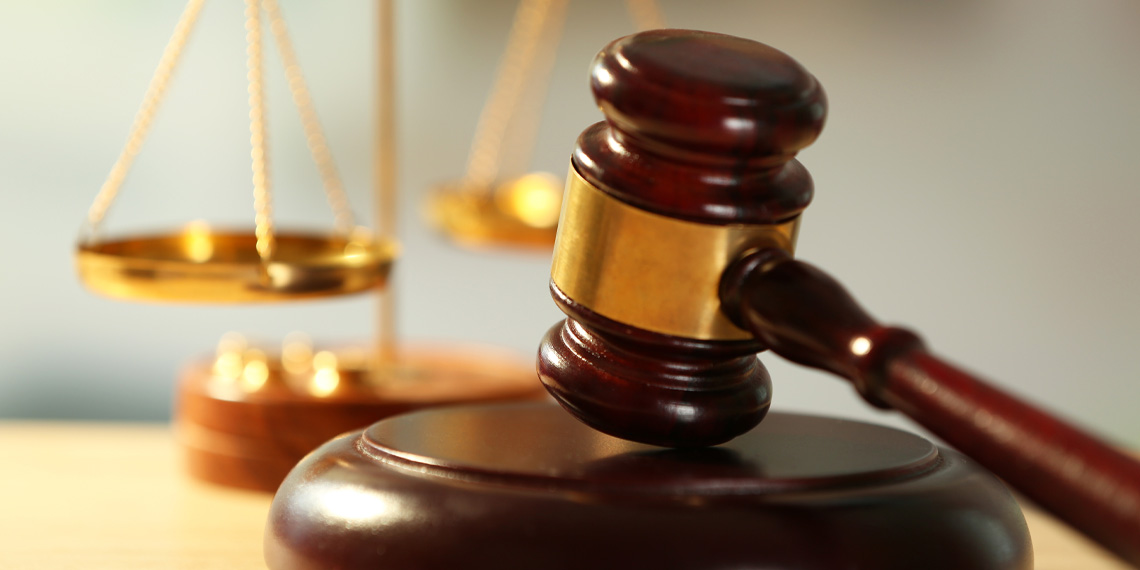
Research published in Memory reveals that a significant portion of UK legal professionals, mental health professionals, and the public endorse beliefs in traumatic memory repression and dissociative amnesia, despite these concepts being scientifically contested.
Many people believe in the repression of traumatic memories—those that are unconsciously buried and only retrievable under specific conditions, such as therapy. Dissociative amnesia, where individuals cannot recall traumatic experiences until they are triggered, is also frequently endorsed by the public and professionals. Despite being scientifically questioned, these beliefs persist in modern practice.
In response to this issue, Penny J. Radcliffe and Lawrence Patihis explored these beliefs among UK legal professionals, mental health professionals, and laypeople, and how they align with current scientific understanding.
The researchers conducted an online survey involving 717 participants: 419 from the general public, 150 legal professionals (judges, barristers, and solicitors), and 148 mental health professionals. The participants, recruited via Prolific for the lay public and professional e-notice boards for professionals, were asked to complete a memory belief questionnaire (MBQ).
The MBQ contained nine key statements, each designed to probe beliefs about memory accuracy and reliability, including questions on the permanence of memory storage, repression of traumatic memories, and the potential for false memories. Participants’ demographic information, including sex, age, and socioeconomic status were also collected. Legal and mental health professionals had additional questions tailored to their professions, such as experience in handling non-recent child abuse cases (which often rely heavily on memory testimony).
The study found that belief in traumatic memory repression was strongly endorsed across all groups, with 90.4% of the lay public, 78.7% of legal professionals, and 83.7% of mental health professionals agreeing that traumatic memories are often repressed. Similarly, dissociative amnesia was widely supported, with over 87% of participants in each group endorsing the idea that it prevents individuals from recalling traumatic experiences.
Despite this, many participants also recognized that memory is reconstructive, with 89.7% of the lay public, 94.7% of legal professionals, and 93.9% of mental health professionals agreeing that memory changes over time. However, a notable proportion still believed in inaccurate concepts, such as the permanent storage of all experiences.
Legal professionals were the most likely to agree that it is possible to develop false memories of abuse, with 75.8% endorsing this view, compared to 63.6% of the lay public and 67.1% of mental health professionals. There was also a significant sex difference in overall skepticism toward scientifically disputed memory concepts, with males across all groups showing greater skepticism than females.
These findings highlight a significant gap between scientific understanding and the prevailing beliefs held by professionals and the public in the UK.
One limitation is the self-selecting nature of the sample. However, while random selection is ideal, self-selection allows for greater anonymity and likely increased participation from sensitive legal populations.
The research, “Judges’ and Lawyers’ Beliefs in Repression and Dissociative Amnesia May Imperil Justice: Further Guidance Required”, was authored by Penny J. Radcliffe and Lawrence Patihis










